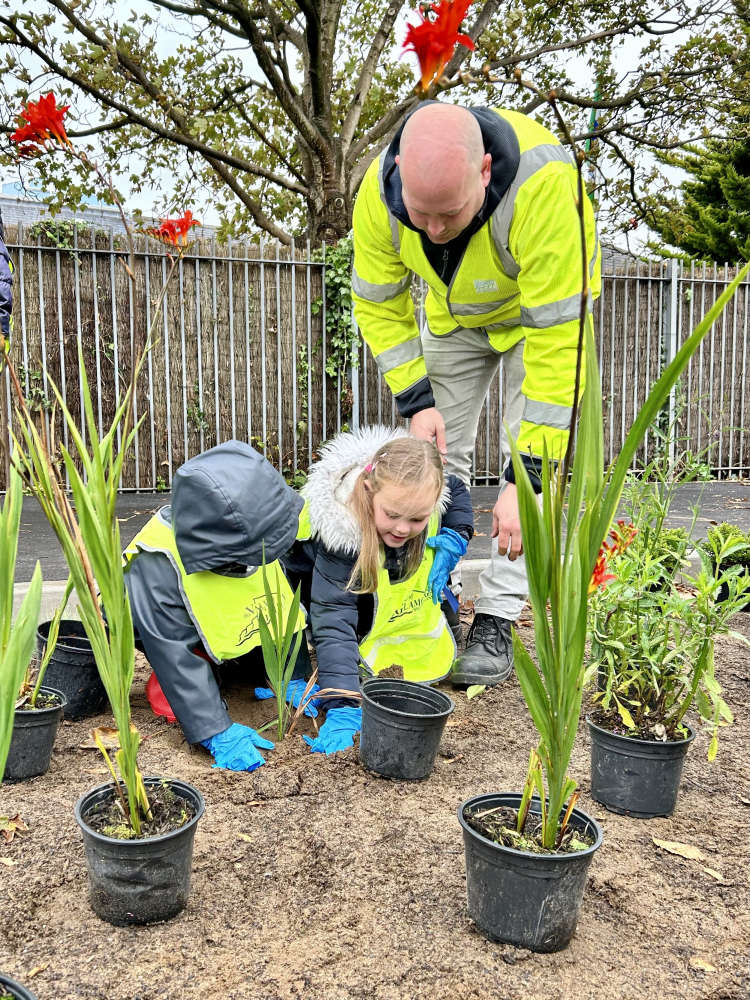
Children from Sully Primary School have helped to create a brand new wildlife garden.
The new purpose-built facility will be used to teach pupils about the environment and conservation by getting involved in hands-on outdoor activities.
The school worked alongside Vale Council, construction firm Morgan Sindall and Groundwork Wales to create the garden and hedgerow, which includes over 500 species of native pollinating plants.
Headteacher Andrea Waddington said: “The children really enjoyed helping to plant the hedgerow and the wildlife garden area."
“They loved finding out about the wormery and are being very diligent in ensuring the worms are being fed and the soil kept moist."
“The wildlife garden and hedgerow is still very much in its infancy. We will need both to develop a little more prior to the children fully engaging with them.”
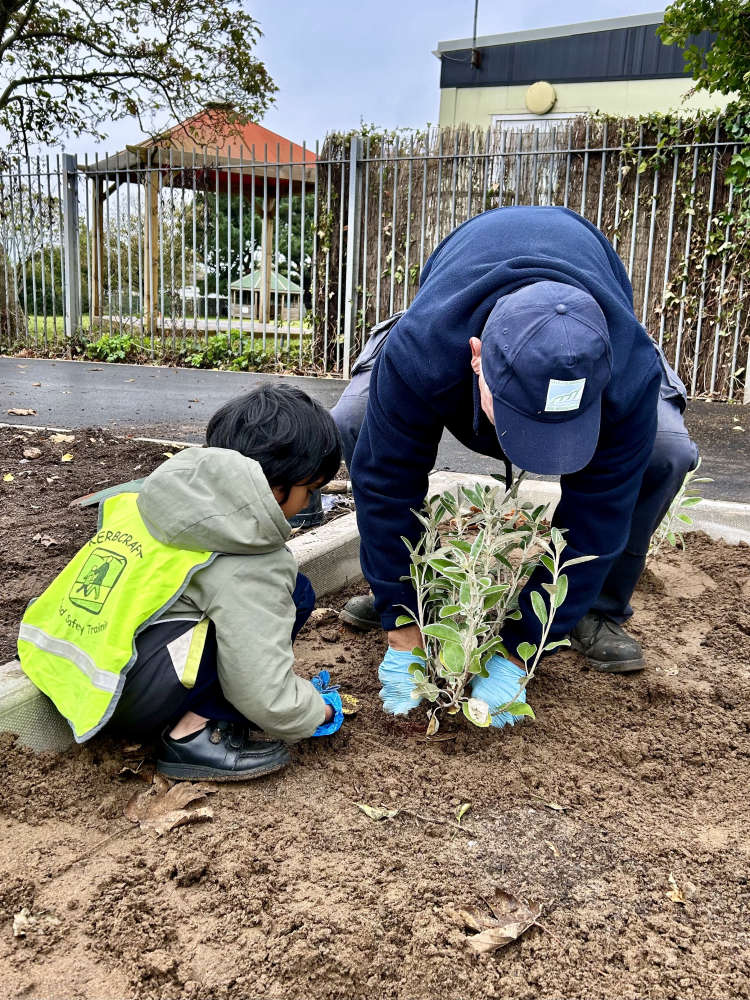
Local growers selected five native trees for the garden including Comfrey, Cowslip, Wild Cabbage and Elder and Alder Buckthorn.
It also includes four bee logs made from a local cherry tree and seven bird boxes made especially by volunteers, who joined schoolchildren to set about work on the 70-metre hedgerow around the playground - a much-needed food source for local wildlife.
As a nod to the school’s links to nearby beaches, all of the plants and trees were specifically chosen to withstand windy conditions and ocean spray, as well as thrive in salty soil.
Cllr Bronwen Brooks, cabinet member for sustainable places, said: "It is vitally important that we take care of the natural environment around us and protect it for generations to come."
"This beautiful garden, the result of hard work put in by volunteers and children in the community, will help nurture local wildlife and reduce carbon emissions, improving air quality and helping to tackle climate change."
“I’d like to congratulate all involved in this project for the positive contribution they have made. This new space at Sully Primary School is the perfect example of the council’s on-going Project Zero commitment to dramatically reduce CO2 emissions."



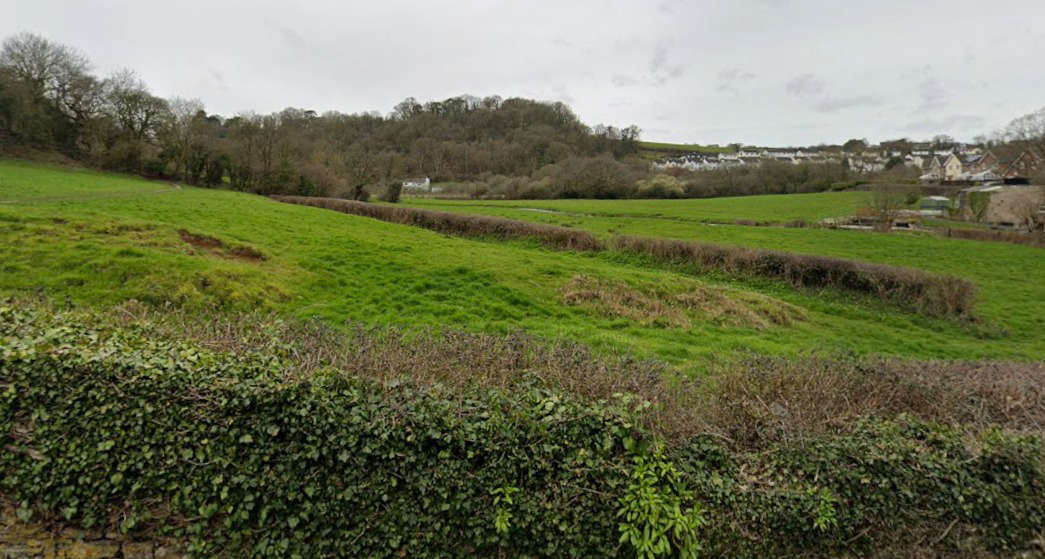 Local residents in Cowbridge have banded together to buy a beloved piece of land
Local residents in Cowbridge have banded together to buy a beloved piece of land
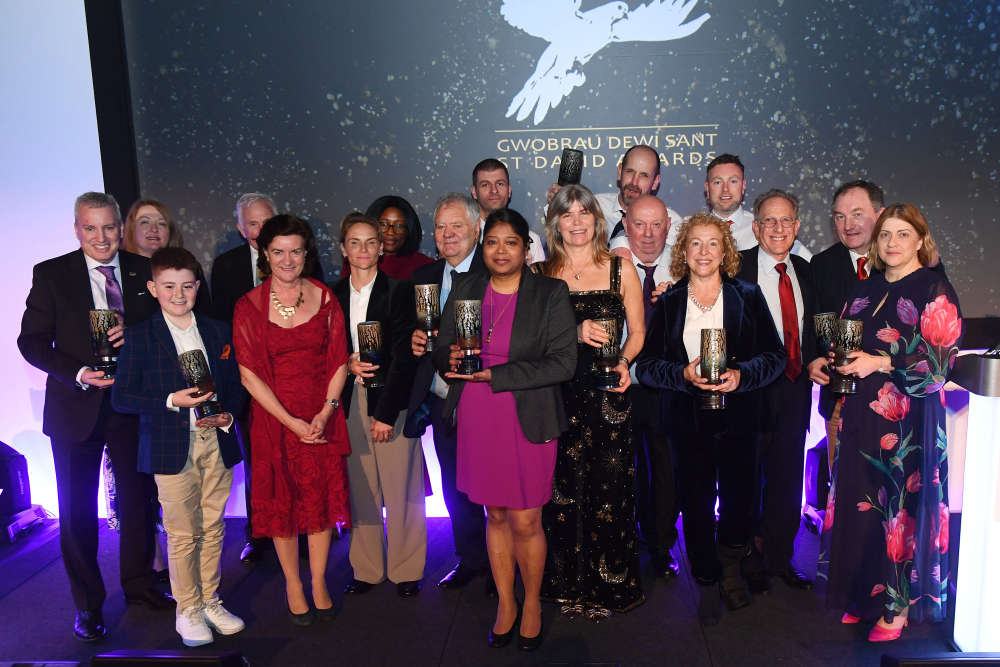 Welsh legend Max Boyce and record-breaking footballer Jess Fishlock honoured at St David Awards
Welsh legend Max Boyce and record-breaking footballer Jess Fishlock honoured at St David Awards
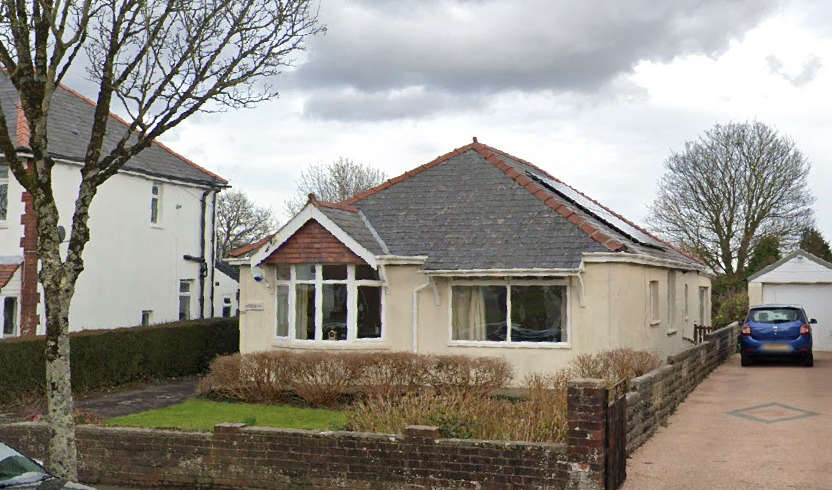 New care home could be coming to Barry is council approves plans
New care home could be coming to Barry is council approves plans
 50+ Forum Radio Show highlight by World Health Organisation as leading age-friendly initiative
50+ Forum Radio Show highlight by World Health Organisation as leading age-friendly initiative
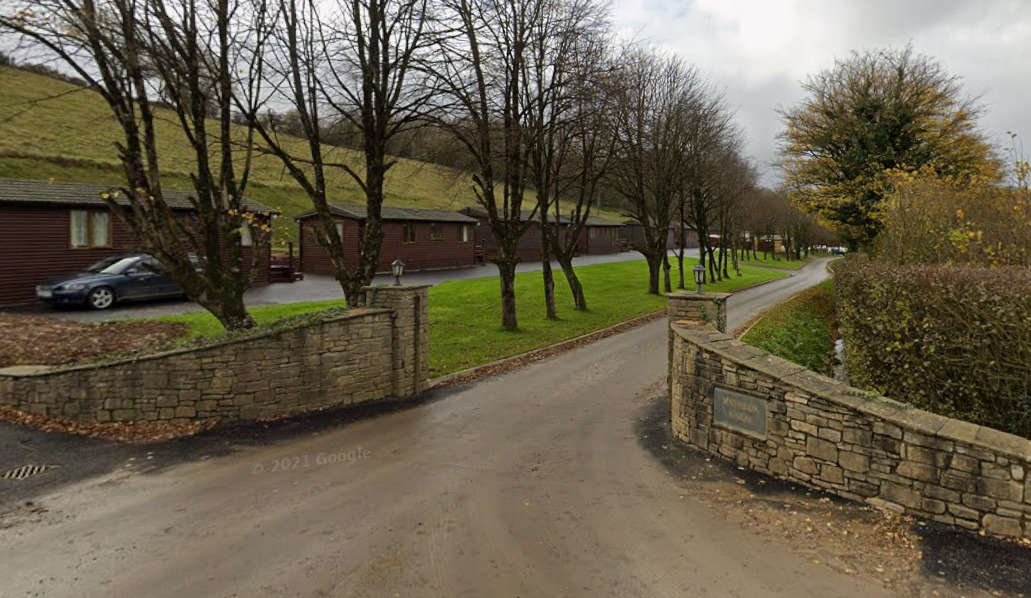 “Long-established rural enterprise hub” has applied for retrospective use of a base to provide services to the “wider rural community”.
“Long-established rural enterprise hub” has applied for retrospective use of a base to provide services to the “wider rural community”.
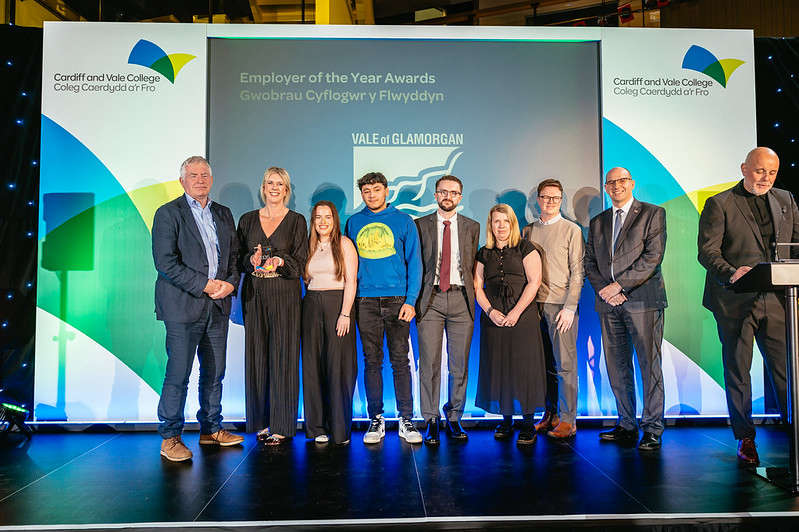 Vale Council named Employer of the year for Apprenticeships
Vale Council named Employer of the year for Apprenticeships
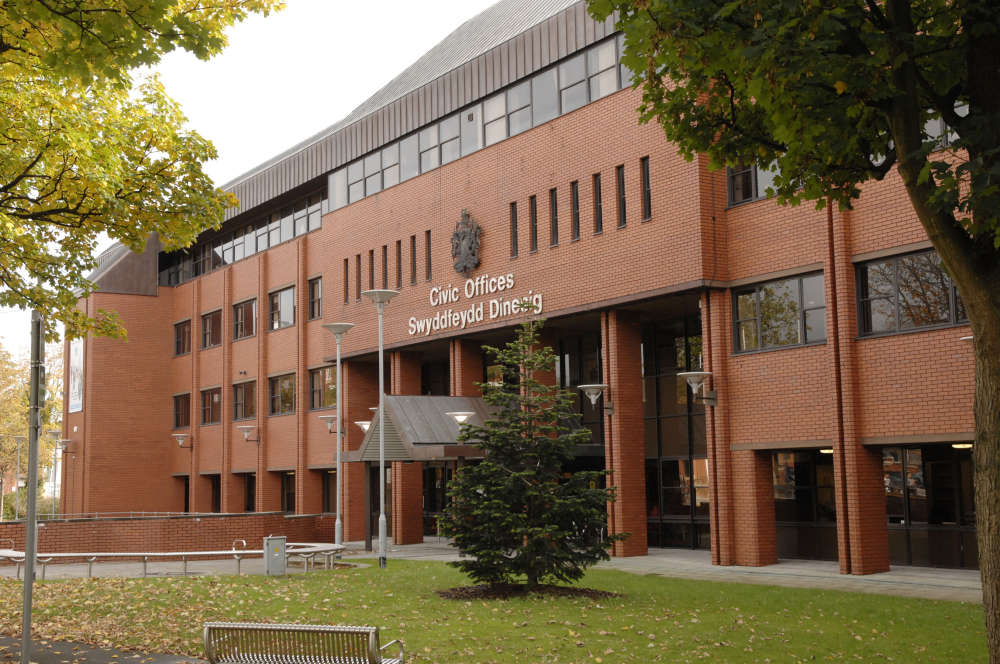 Vale Council has the 4th highest rate of complaints of any local authority in Wales
Vale Council has the 4th highest rate of complaints of any local authority in Wales
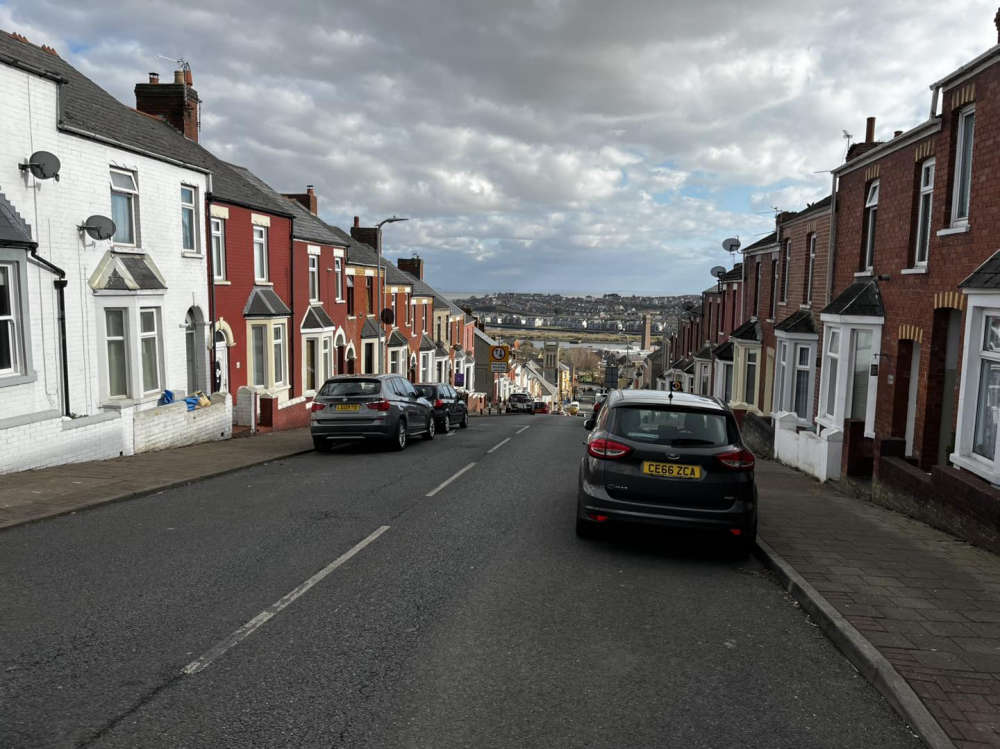 Average Vale House Price rises to £300,000
Average Vale House Price rises to £300,000
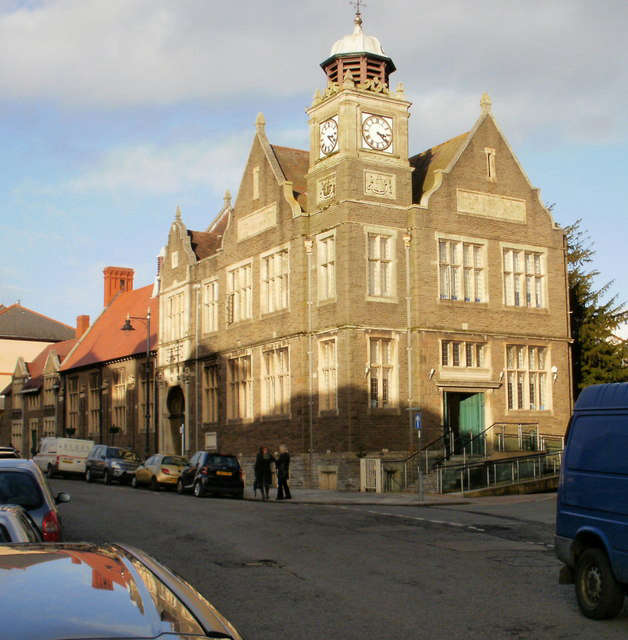 Penarth Library shortlisted for Library of the Year Award
Penarth Library shortlisted for Library of the Year Award
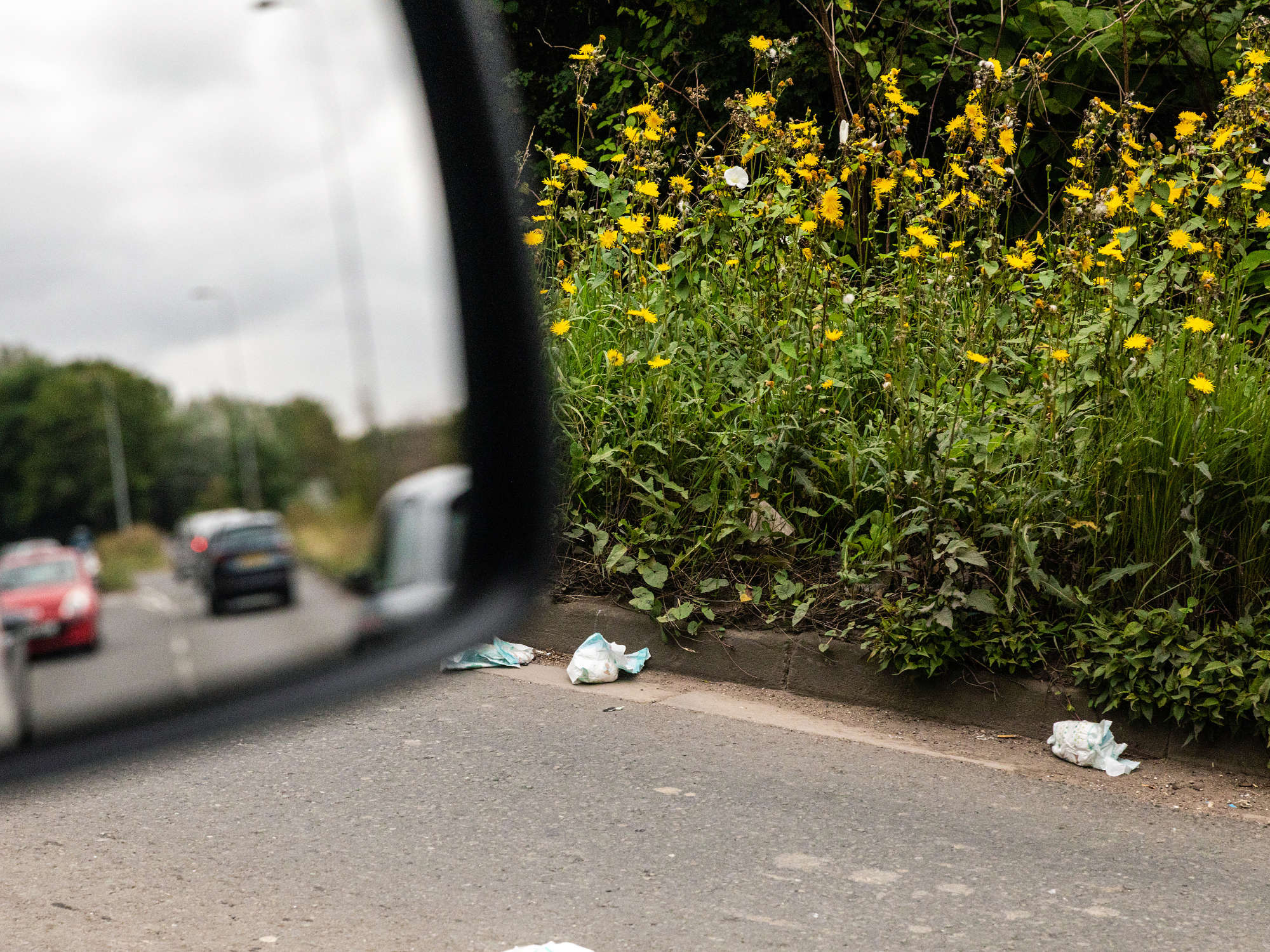 Keep Wales Tidy launch "Drive your litter home" campaign
Keep Wales Tidy launch "Drive your litter home" campaign
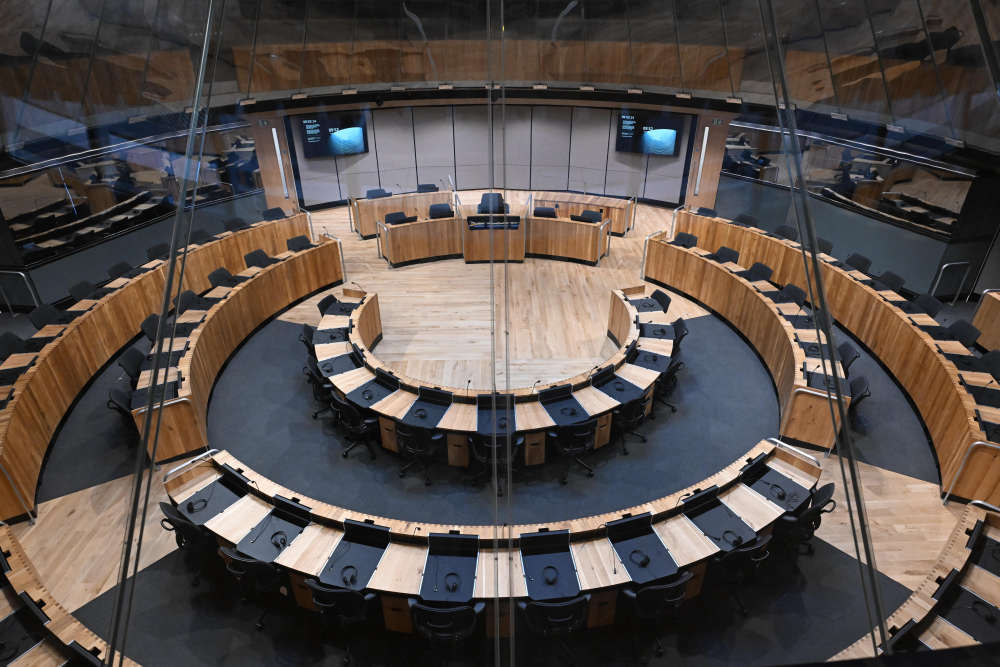 Members return to the Senedd Siambr following redevelopment
Members return to the Senedd Siambr following redevelopment
 Barry resident shares his story of Operation Pied Piper in new book
Barry resident shares his story of Operation Pied Piper in new book
 Council to engage with public over future of former Wilko Superstore in Barry
Council to engage with public over future of former Wilko Superstore in Barry
 Former Conservative turn Reform candidate wins Penarth By-election
Former Conservative turn Reform candidate wins Penarth By-election
 Two teenagers sentenced for murder of Kamran Aman in Barry
Two teenagers sentenced for murder of Kamran Aman in Barry
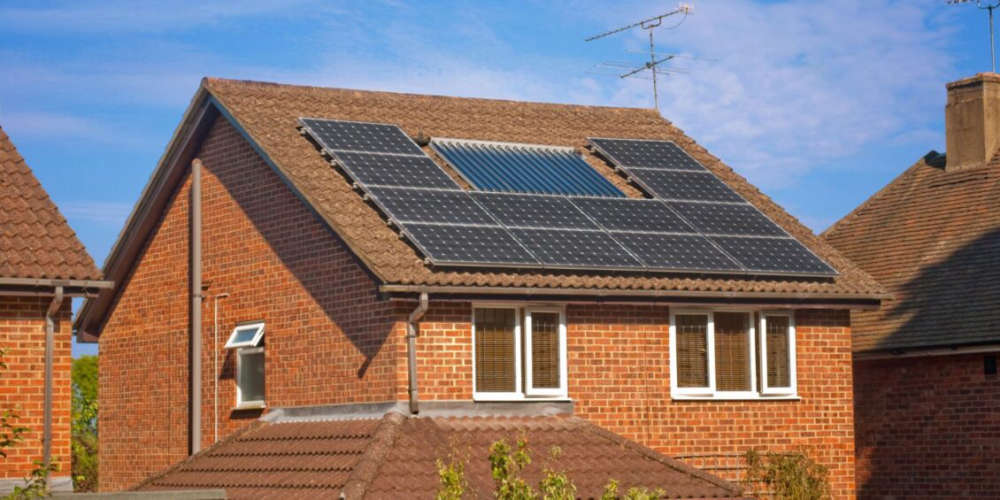 Council celebrates success of Solar Scheme with Relaunch
Council celebrates success of Solar Scheme with Relaunch
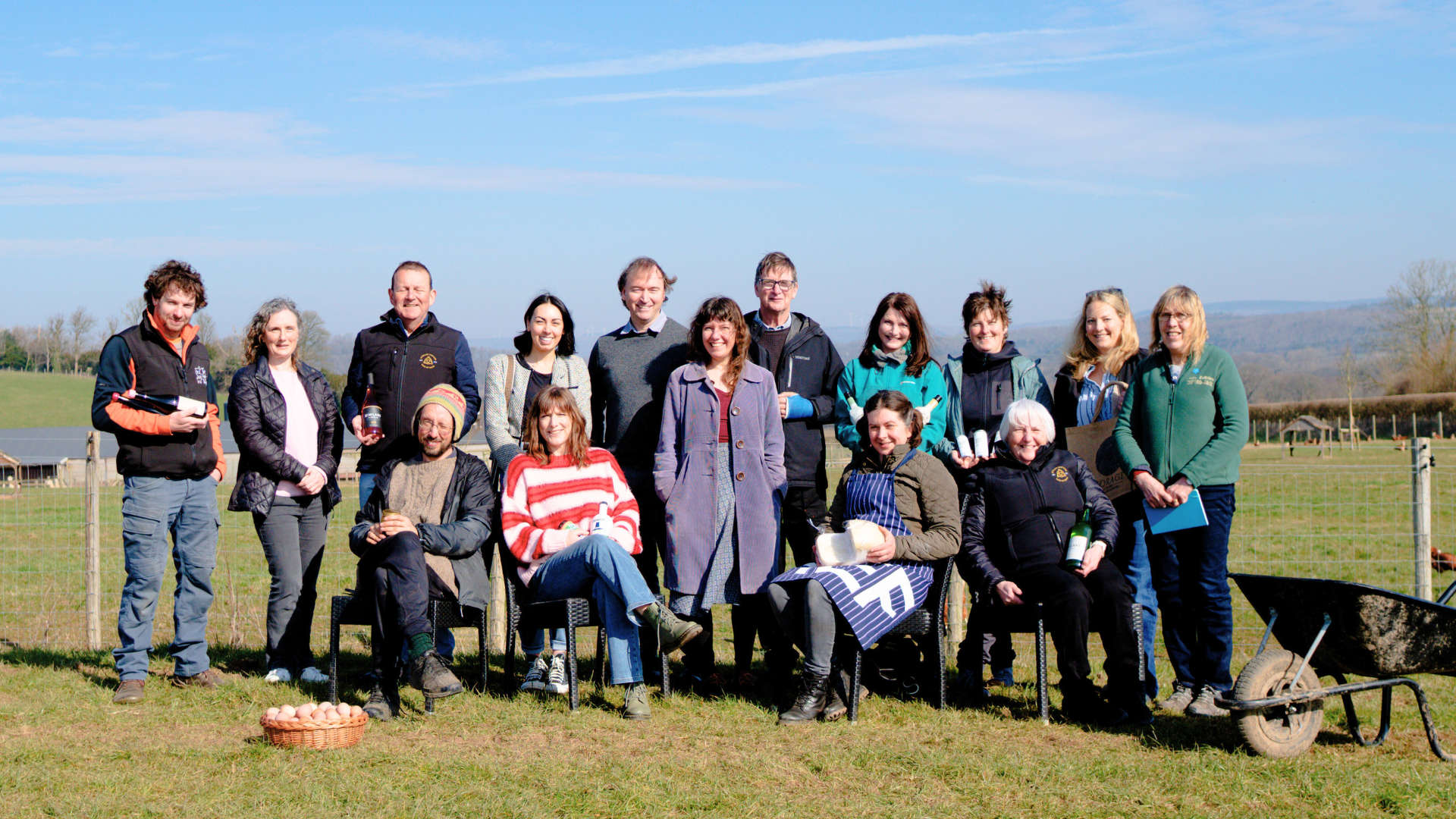 Vale Food Trail set to return for 2026
Vale Food Trail set to return for 2026
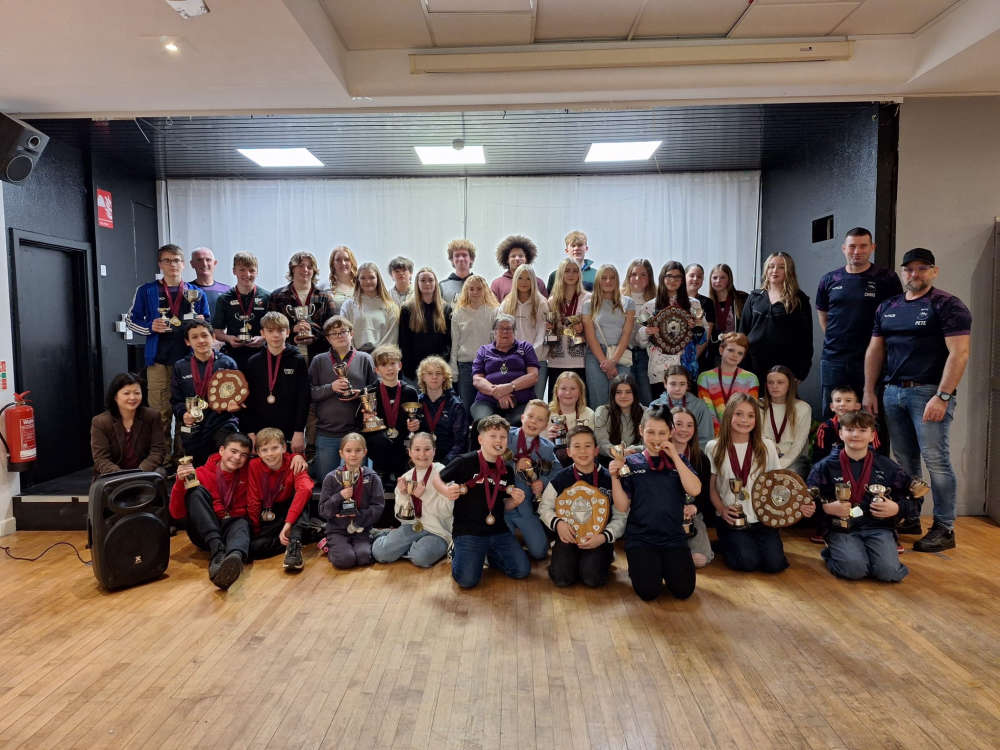 Centenary Year Begins as Barry Swimming Club Celebrates 100th AGM
Centenary Year Begins as Barry Swimming Club Celebrates 100th AGM






